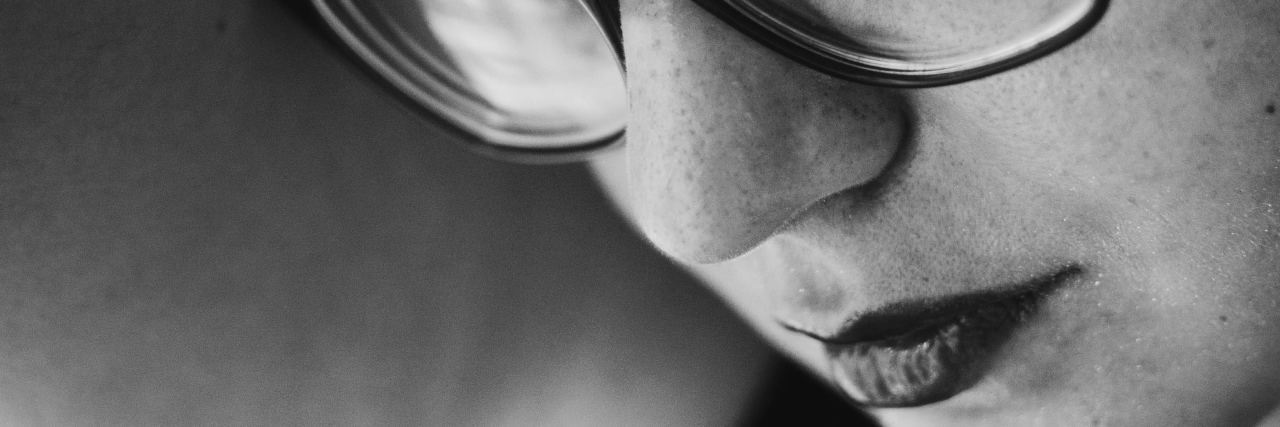When You Are a Hypersexual Trauma Survivor
Editor's Note
If you’ve experienced sexual abuse or assault, the following post could be potentially triggering. You can contact The National Sexual Assault Telephone Hotline at 1-800-656-4673.
There are a lot of things that come with bipolar disorder. One of the more taboo issues that people with bipolar disorder deal with is hypersexuality. The Mayo Clinic defines hypersexuality as “an excessive preoccupation with sexual fantasies, urges or behaviors that is difficult to control, causes you distress, or negatively affects your health, job, relationships or other parts of your life.”
• What is Bipolar disorder?
It’s really hard to describe what it’s like to be hypersexual to people who haven’t experienced it. It isn’t like normal hormones. It’s very different. While teenagers go through a short (though it may seem eternal) stage where they are focused on sex, people who are bipolar face hypersexuality their entire lives, and usually at even greater and more intense degrees. Also, due to manic periods, a bipolar person’s impulse control is lower than even that of the average teenager. It’s a constant obsession, accompanied by intense feelings that go with you everywhere. I know, it may not seem very different. I really don’t know how to describe it.
It’s so hard to deal with, but as a sexual trauma survivor, things get a little more hairy.
Sex terrifies me.
I was raped when I was 4 years old, and sexual assaulted a few times since, so I always said that the idea of having a man on top of me, and giving my full self to him in total vulnerability was the worst thought in the world. As a kid, around the ages 9-15, I hated being touched; it would make me shudder and panic. I shuddered at even the thought of being touched. It scared me that I was going to be hurt again, but I was also scared of the feelings it brought on. I didn’t know what they were or what they meant because they started from such a young age.
I had been taught my whole life that sex was a bad and scary thing, and because of my past I believed it. While the feelings I felt at just being touched made me scared of getting into a bad situation, they also made me feel like a bad person, because I thought sex was bad.
I had all these feelings, and I wanted to have sex so bad, but I was so scared of what that meant. I was scared of being vulnerable to a man, and letting him have that power over me.
I have since learned that doesn’t have to be the case. Through therapy, I learned that sex can be empowering for women too, and ladies, if it isn’t, there may be something wrong. Sex is supposed to empower and pleasure both involved parties. It is supposed to be a beautiful and fulfilling experience when done with the right partner and with the right motives.
I am still a virgin, because that is my religious belief, but in the past, I refused the idea of marriage for fear of what that meant, but now I welcome it.
It is still a slightly scary concept, but I’ve come to learn that my feelings aren’t bad or wrong, they are just feelings, and they don’t mean I am going to get hurt. I have power over my own body, and even though manic episodes can hit hard, it doesn’t mean I am going to give in to my feelings.
I learned not to fear sex, but to embrace the idea of it, even if I haven’t embraced the action yet. I look forward to having sex with my husband one day.
Maybe that was all super difficult to follow, but I hope you got the point. Hypersexuality is hard, but not impossible to cope with. Sexual trauma is hard, but not impossible to cope with. These things don’t go hand in hand, but they can learn to live with each other. It is possible, and you can overcome trauma. You can learn to enjoy sex and have fun with your partner. Work to not let your trauma define and control you.
Photo by Aneta Pawlik on Unsplash

